Second-Hand Car Checklist: Your Guide to Buying a Used Car With Confidence
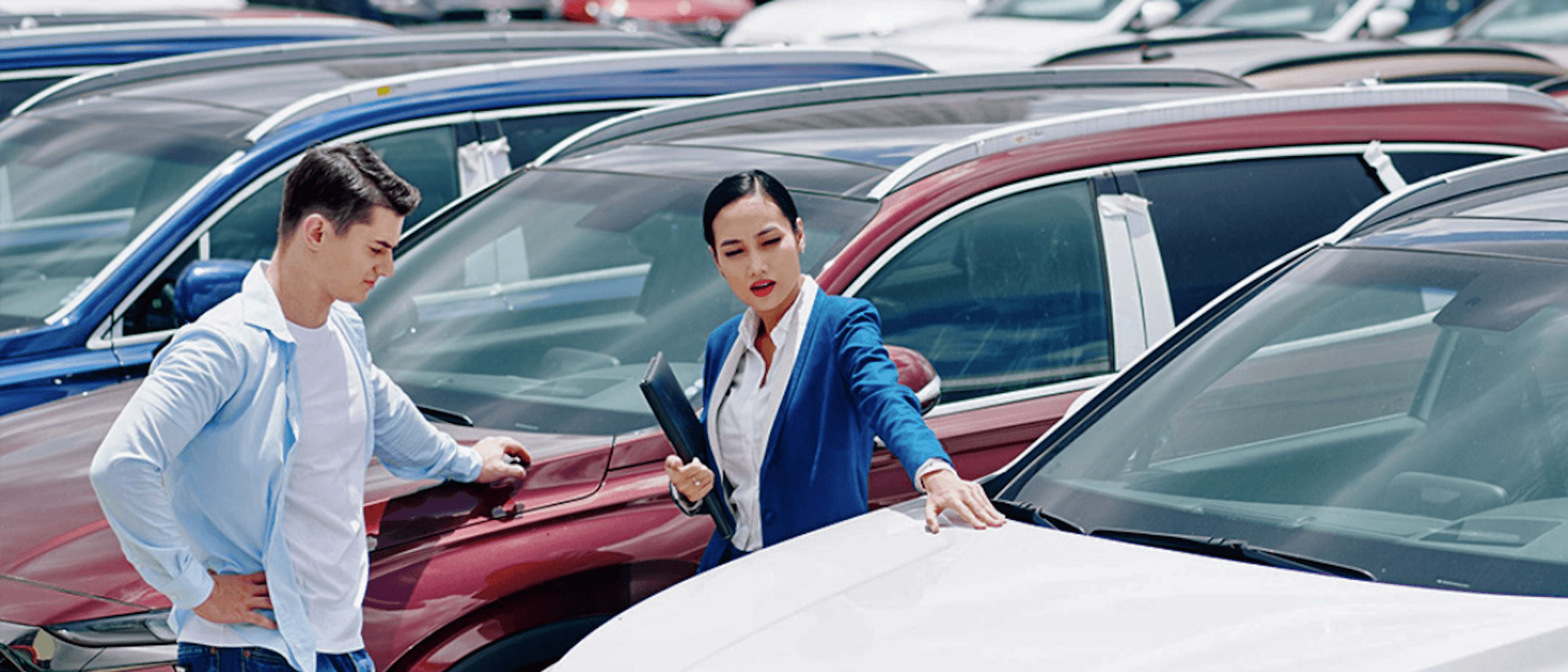
Buying a used car is a popular choice among many Australians. According to recent statistics, Australia's used car market is growing rapidly, with more than 3 million used cars sold in 2020 alone. There are many reasons for the popularity of used cars in Australia, including the cost savings, the variety of options available, and the fact that many used cars are still in excellent condition.
However, purchasing a used car can be a daunting experience, especially if you need help figuring out what to look for. That's why it's essential to do your research before making a purchase. With the proper knowledge and preparation, you can confidently buy a used car and avoid any unpleasant surprises down the road.
In this post, we will provide a comprehensive checklist to help you confidently buy a used car in Australia. We'll cover everything from determining your budget and researching the car to inspecting the car and negotiating the price. By following this checklist, you can make an informed decision and find a used car that meets your needs and budget.
Determine Your Budget
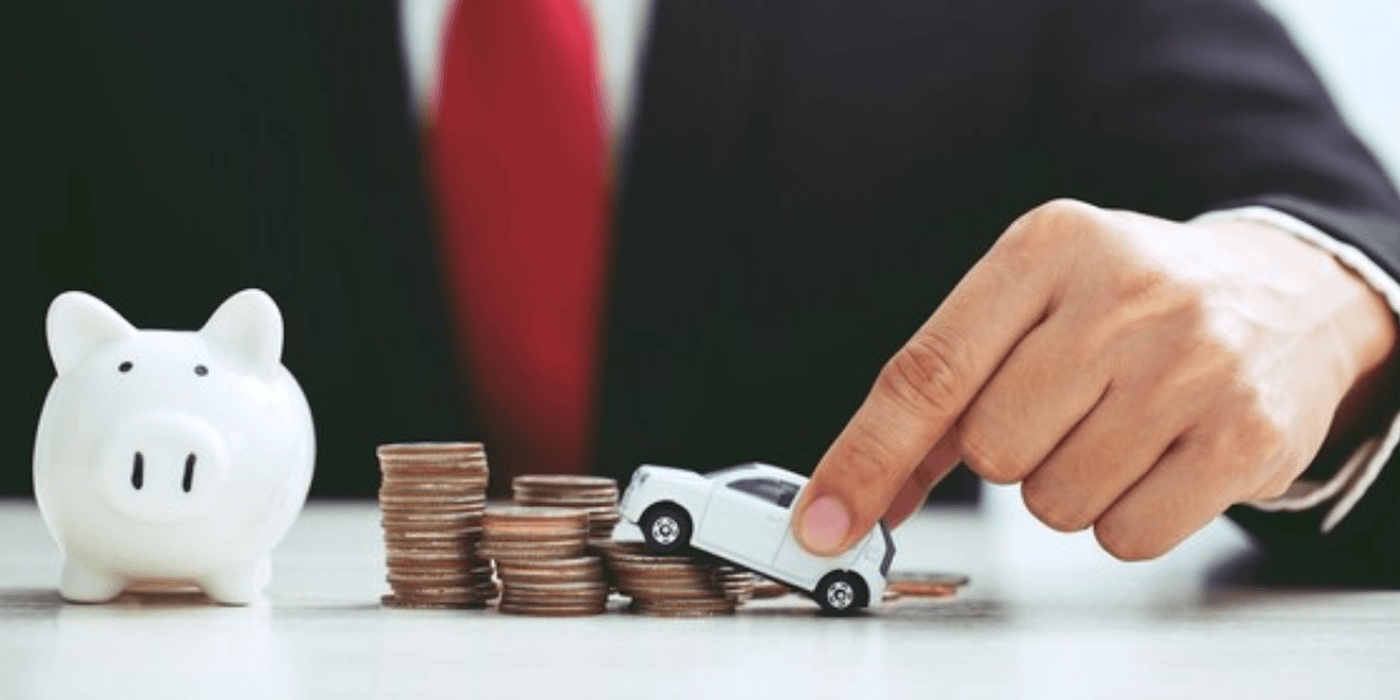
Before you start shopping for a used car, setting a budget is important. This will help you narrow down your options and avoid overspending. It's also important to factor in maintenance costs, which can add up over time.
Setting a budget is essential when buying a used car. It will help you determine how much you can afford to spend and prevent you from overspending. Without a budget, you may be tempted to buy a more expensive car than you can afford, leading to financial difficulties. Additionally, a budget can help you avoid any unnecessary extras that may add to the cost of the car.
Tips for determining your budget
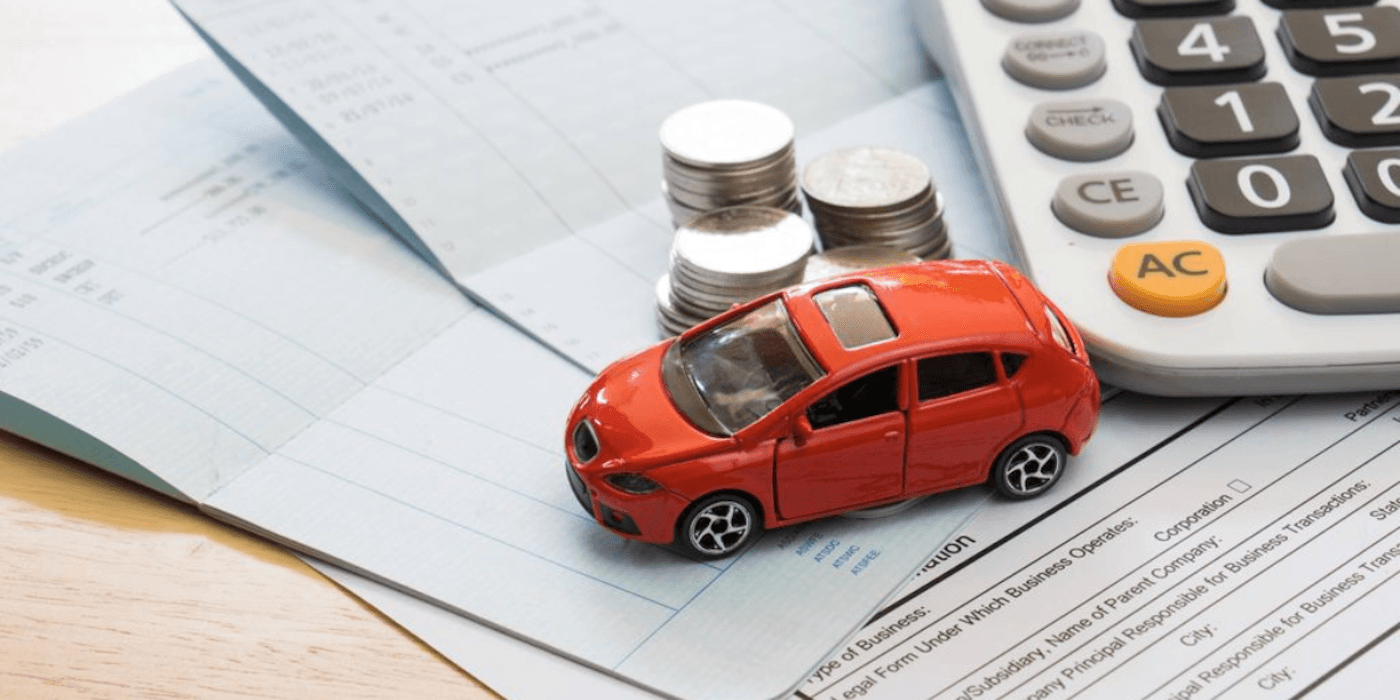
When determining your budget for a used car, it's important to consider your monthly expenses. This will help you determine how much you can afford to spend on a car payment each month. You should also consider other expenses, such as insurance, gas, and maintenance costs.
It's also important to factor in maintenance costs when setting your budget. While a used car may be less expensive upfront than a new car, it may require more maintenance and repairs over time. It's a good idea to research the make and model of the car you're interested in and find out what kind of maintenance it requires. You can then factor this into your budget and make an informed decision.
In addition to these tips, it's important to be realistic about your budget. Don't overspend on a car that you can't afford. Instead, focus on finding a car that meets your needs and fits within your budget. By following these tips, you can determine your budget for a used car and make an informed decision that meets your financial needs. Driva's vehicle loans make financing your vehicle stress-free, allowing you to pay off your car purchase over a flexible loan period.
Research the Car

When shopping for a used car, it's important to do your research to ensure you're getting a reliable vehicle that meets your needs. By researching the make and model of the car you're interested in, you can make an informed decision and avoid any unpleasant surprises down the road.
Different cars have different features, capabilities, and maintenance requirements, so finding one that meets your needs and budget is important. By researching the car, you can also determine whether it has a good reputation for reliability and safety.
Tips for researching the car
There are several ways to research a used car before making a purchase. One of the best ways is to read reviews from other car owners. This can give you an idea of what it's like to own and drive a car daily. You can also check reliability ratings from trusted sources, such as Consumer Reports or J.D. Power. These ratings give you an idea of how reliable the car is likely to be over time.
In addition to these tips, it's also a good idea to research any common problems or issues that the make and model of the car you're interested in may have. You can do this by checking online forums or discussion groups. This can help you make an informed decision about whether the car is the right choice for you.
The importance of checking the car's history report and obtaining a PPSR report
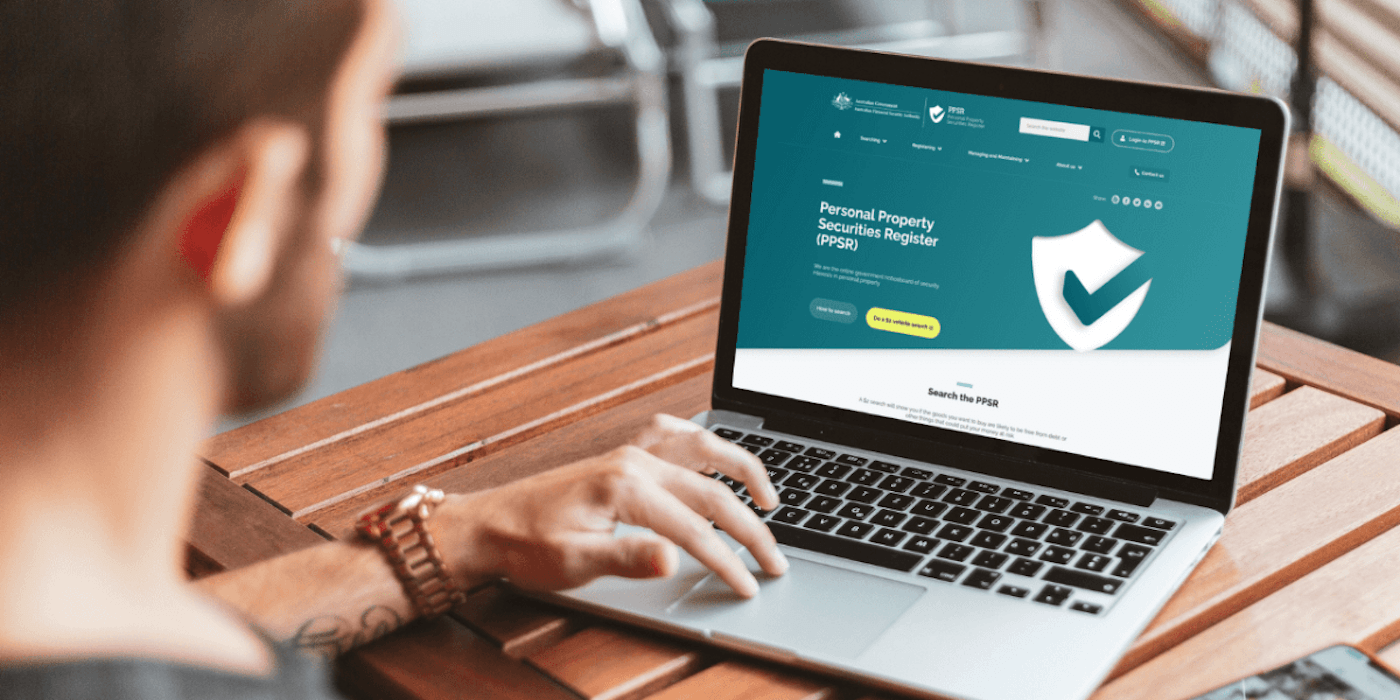
When shopping for a used car, it's important to check the car's history report and obtain a PPSR (Personal Property Securities Register) report. The history report can provide valuable information about the car's past, such as whether it has been in any accidents or had any major repairs. This can help you determine whether the car has any hidden issues that may affect its value or reliability.
A PPSR report can provide information about whether the car has any outstanding finance, has been written off, or has any other encumbrances that may affect your vehicle ownership. By obtaining a PPSR report, you can ensure that the car you're interested in is free and clear of any legal or financial issues.
Inspect the Car
Inspecting a used car is a crucial step in the buying process. By conducting a careful inspection, you can identify any potential issues with the car and determine whether it's worth your investment. Here's a checklist for inspecting the car:
- Exterior: Check the body for any signs of rust, dents, or scratches. Inspect the windows, mirrors, and lights to ensure they are in good condition.
- Interior: Check the seats, carpets, and dashboard for any signs of wear and tear. Check that all the buttons and switches are functioning correctly.
- Engine: Check the oil level, radiator, and battery to ensure they are in good condition. Look for any signs of leaks or corrosion.
- Tires: Check the tread depth and tire pressure. Look for any signs of wear or damage.
Tips for identifying potential issues

- Rust: Rust is a common issue with older cars, and it can lead to structural damage if left untreated. Check the body, frame, and undercarriage for any signs of rust.
- Leaks: Look for any signs of leaks under the car or around the engine. This could indicate a problem with the transmission, radiator, or other important components.
- Smells: If you notice any strange smells, such as burning oil or gas, this could indicate a serious car problem.
Take the car for a test drive
Taking the car for a test drive is essential to the inspection process. It lets you get a feel for the car's handling, acceleration, and braking. During the test drive, pay attention to any strange noises or vibrations. Take the car on various roads, including highways and side streets, to understand how it performs under different conditions.
Consider the Cost of Ownership
When buying a used car, it's important to consider the cost of ownership beyond just the purchase price. Owning a car comes with additional expenses that can add up quickly. This section will discuss some things to remember when considering the cost of ownership.
Additional costs associated with owning a car
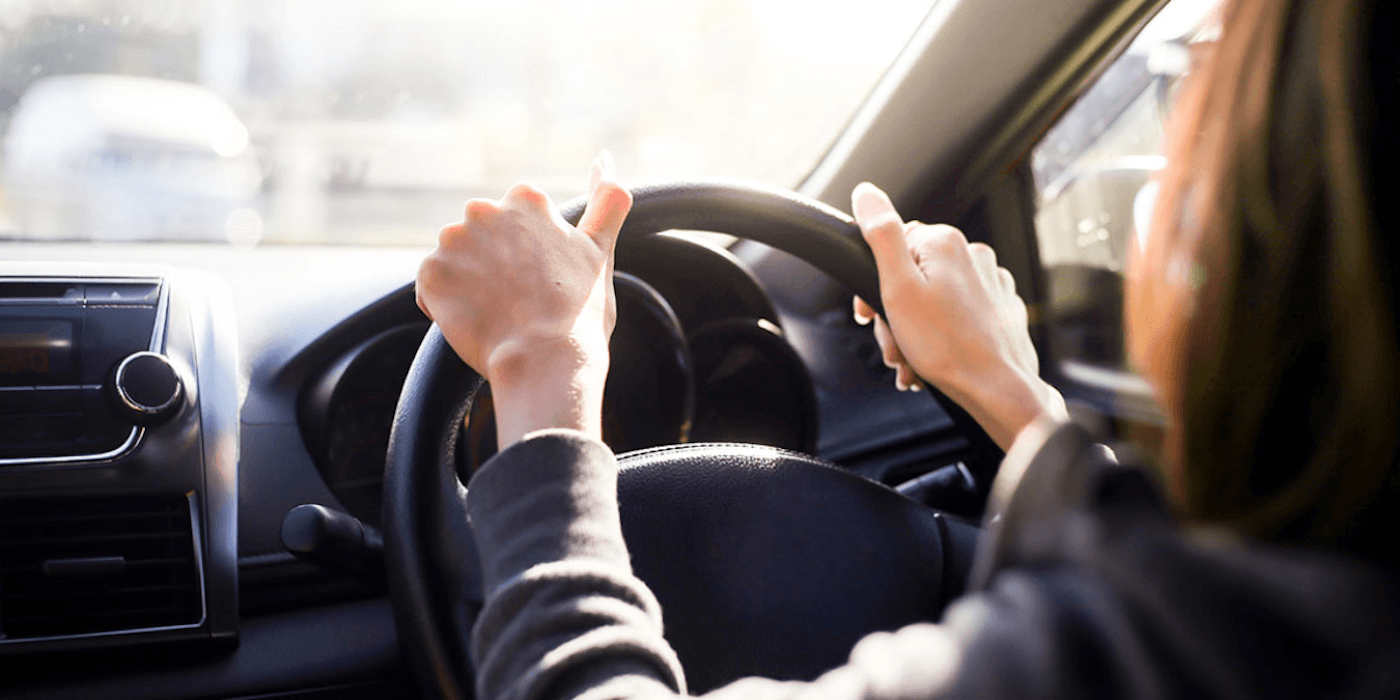
- Insurance: Car insurance is a legal requirement in Australia, and the cost can vary depending on the make and model of the car, your driving history, and other factors.
- Registration: Registering a car in Australia can be expensive, with costs varying depending on the state or territory you live in.
- Maintenance: Regular maintenance is essential for running your car smoothly and preventing costly repairs. This includes things like oil changes, tire rotations, and brake inspections.
Tips for estimating the cost of ownership
- Use online calculators: Many online calculators can help you estimate the cost of ownership for a particular car. These calculators consider factors like the car's make and model, your driving habits, and the cost of gas in your area.
- Research insurance costs: Before purchasing a car, research insurance costs for the make and model you're interested in. This will give you an idea of how much you can expect to pay for insurance.
- Factor in maintenance costs: When estimating the cost of ownership, remember to factor in regular maintenance costs. Research the cost of routine maintenance for the make and model of the car you're interested in.
When determining your budget for a used car, it's important to factor in the additional costs associated with owning a car. By doing so, you can ensure that you can afford the purchase price and ongoing ownership costs. If the cost of ownership is too high, consider a different make or model of car or adjust your budget accordingly.
Negotiate the Price
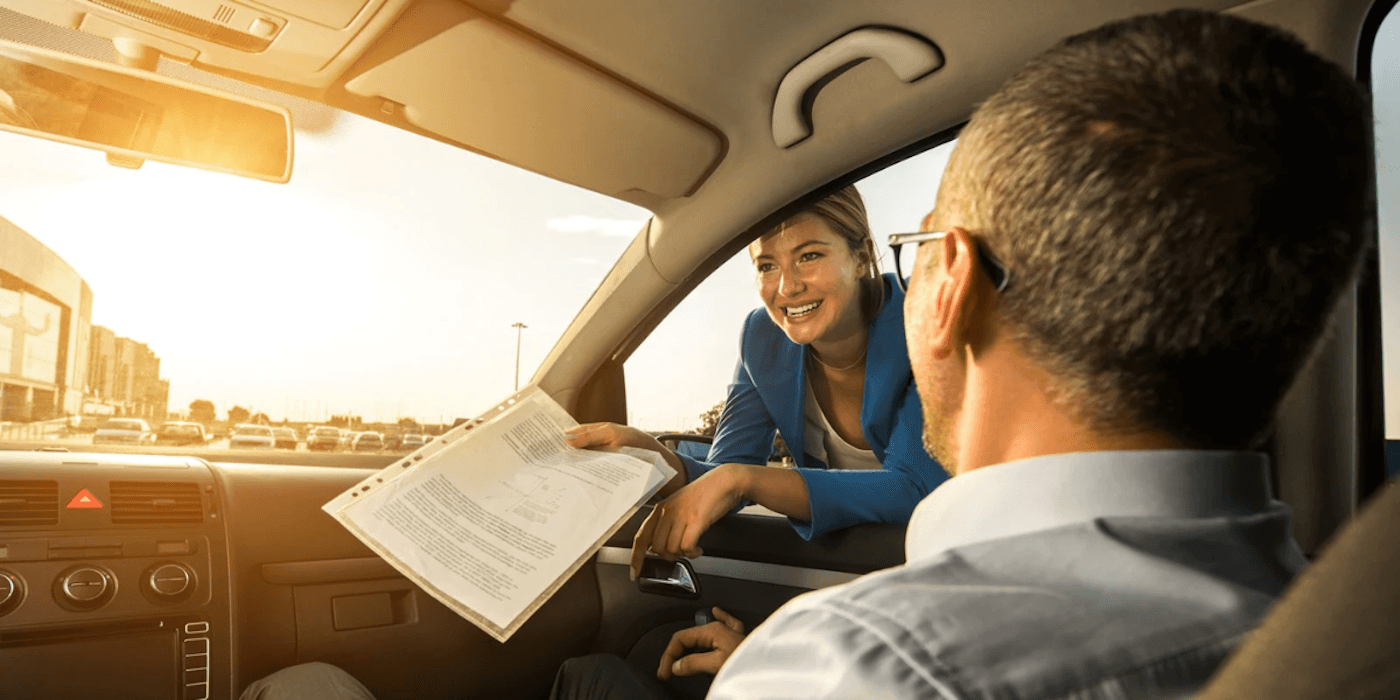
Negotiating the price of a used car is an important part of the buying process. Here are some tips to help you negotiate a fair price:
Research the market value
Before negotiating the price of the car, research the market value of the make and model you're interested in. This will give you a better idea of what the car is worth and what you should expect to pay.
Point out any issues
If you notice any issues during the inspection or test drive, use them to negotiate a lower price. For example, if you notice that the brakes need replacing, point this out and ask for a discount.
Be willing to walk away
If the seller isn't willing to negotiate on the price, be prepared to walk away. There are plenty of used cars on the market, and you don't want to overpay for a car that isn't worth the asking price.

Be prepared to negotiate before going to see the car
When buying a used car, being prepared to negotiate before seeing the car can help you get a better deal. Here are some things you can do to be prepared:
Do your research beforehand
Before seeing the car, research the market value, and decide on a fair price based on the car's condition, mileage, and other factors.
Set a maximum budget
Set a maximum budget for the car and stick to it. Don't let the seller pressure you into paying more than you can afford.
Be confident
Negotiating can be intimidating, but it's important to be confident and assertive when discussing the price. Don't be afraid to ask for a lower price or to walk away if the seller isn't willing to negotiate.
Conclusion
Buying a used car can be a great way to save money, but it's important to research and follow a checklist to ensure you're getting a reliable vehicle. By following this checklist, you can confidently buy a used car in Australia.
If you need help with the necessary funds upfront, consider exploring car financing options like those offered by Driva. With flexible payment plans and competitive interest rates, financing can make buying a used car more affordable and accessible for many Australians. Get your personalised quotes in minutes and hit the road!


.png)







